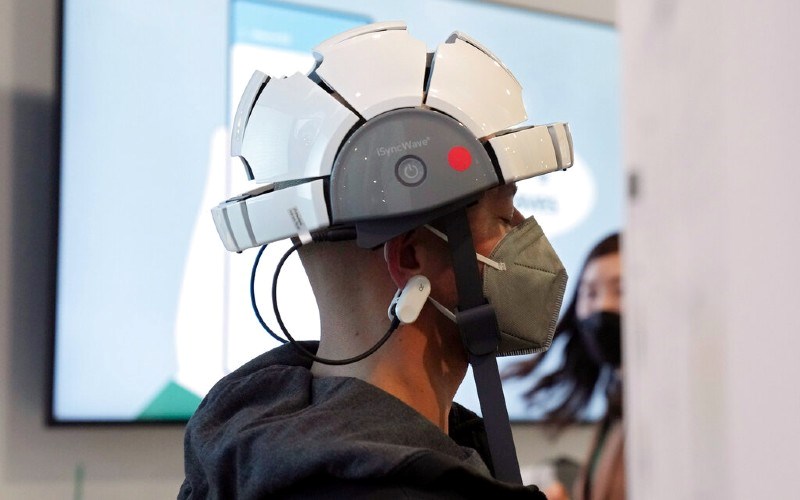According to an article in Journal Frontiers in Artificial Intelligence, researchers are exploring the possibility of growing human brain cells in a lab and attaching an artificial intelligence computer.
The world has been fascinated in recent weeks ChatGPT, the new artificial intelligence interface that can write a college term paper, church sermon, or newspaper article in a minute. But any AI platform requires access to thousands of the Internet, so scientists want to marry that technology to the most advanced computer known to man, the human brain.
David Prentice, a medical ethicist and research director at the Charlotte Lozier Institute, says science and technology are always making great leaps forward but a debate over ethics is usally left far behind.
“If they are embarking on this sort of pathway,” he says, “there's no real barrier in terms of growing bigger and bigger, and more complex, organs.”
When God created the human brain, Prentice tells AFN, He created a masterpiece of computing in which there are 10,000 inputs and one million inputs for each brain cell.

The brain can store about 2,500 terabytes of information.
“If you start to make all these interconnections and grow these bigger and so on,” Prenticed observes, “do you have something that could be considered an independent entity?”
In other words, could scientists create a sentient being and would they then own it?
That possibility is a long way off, Prentice concedes, but the first steps have been taken.







